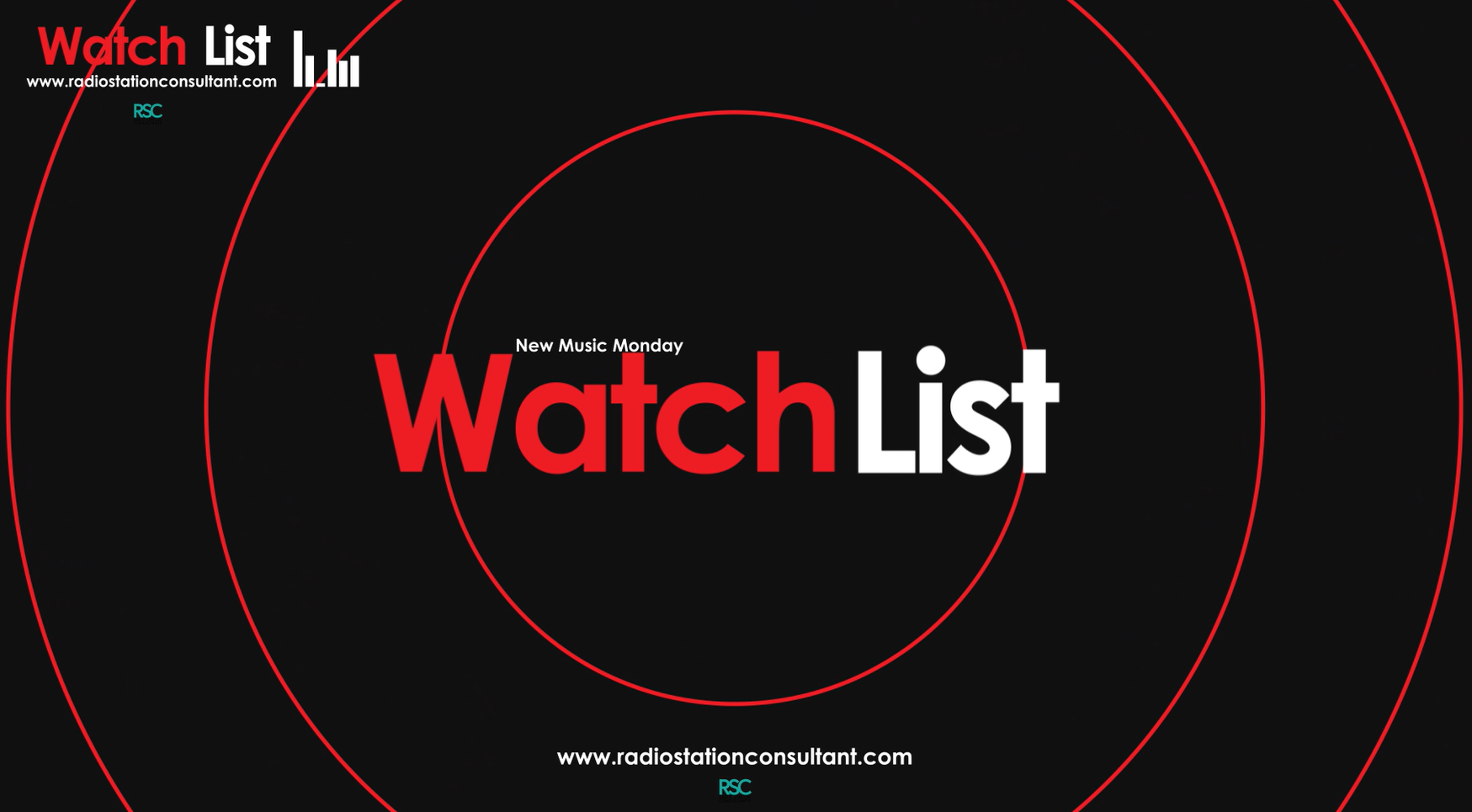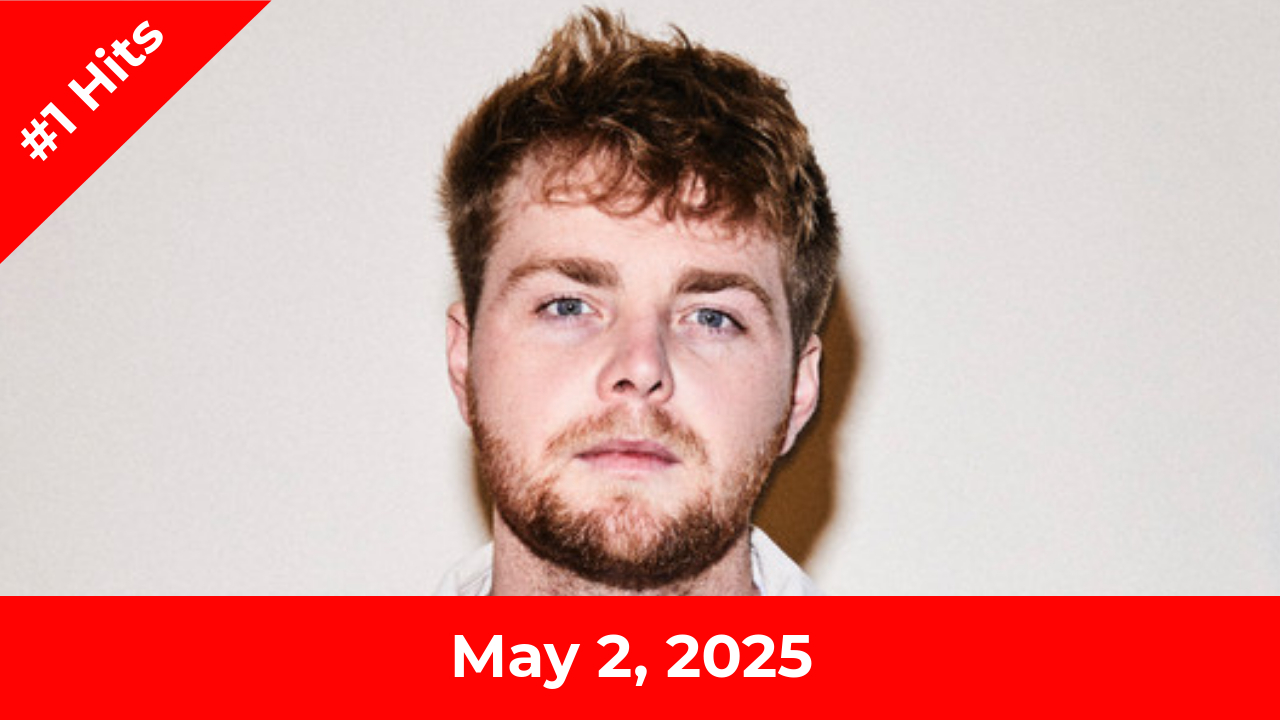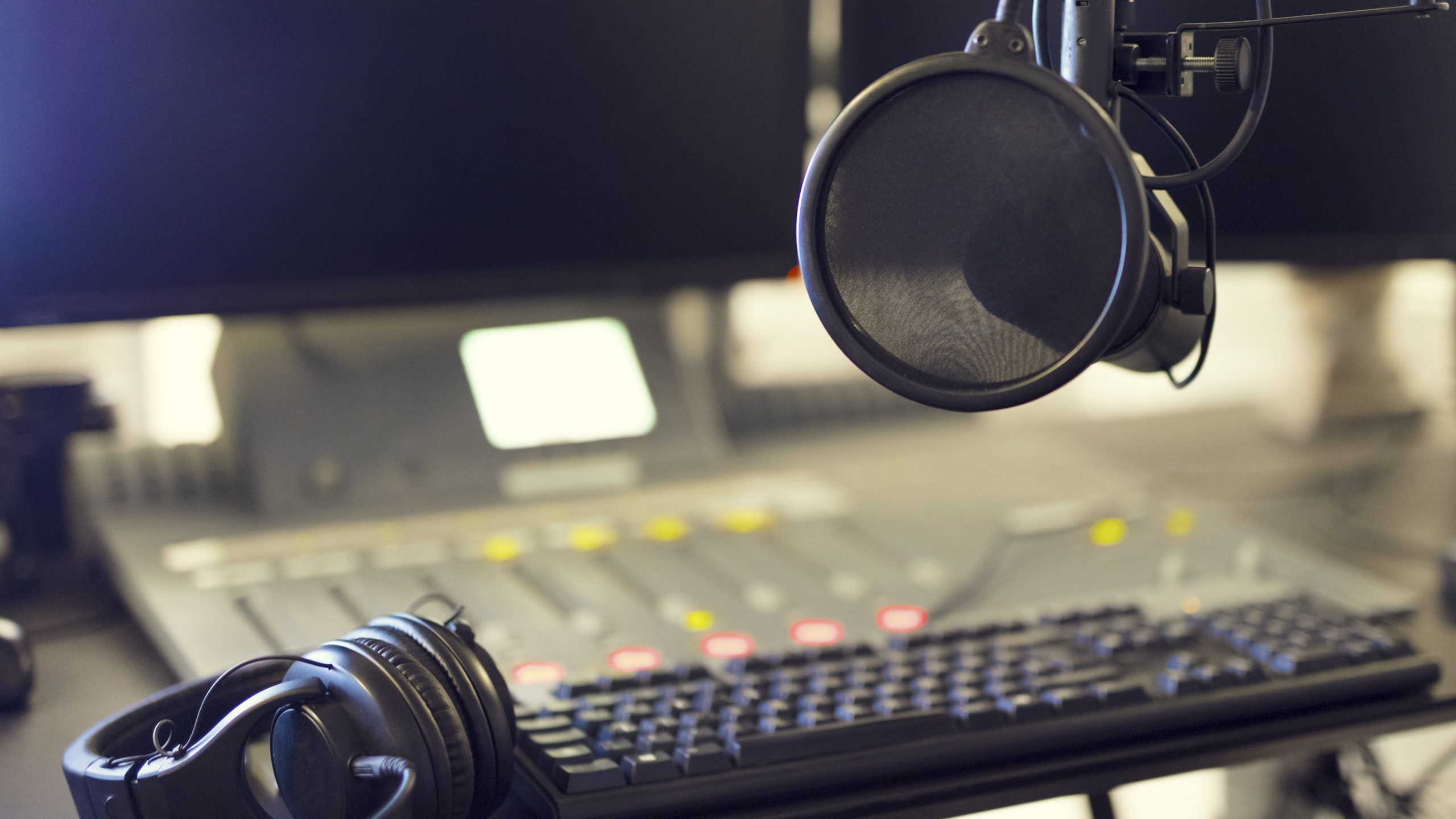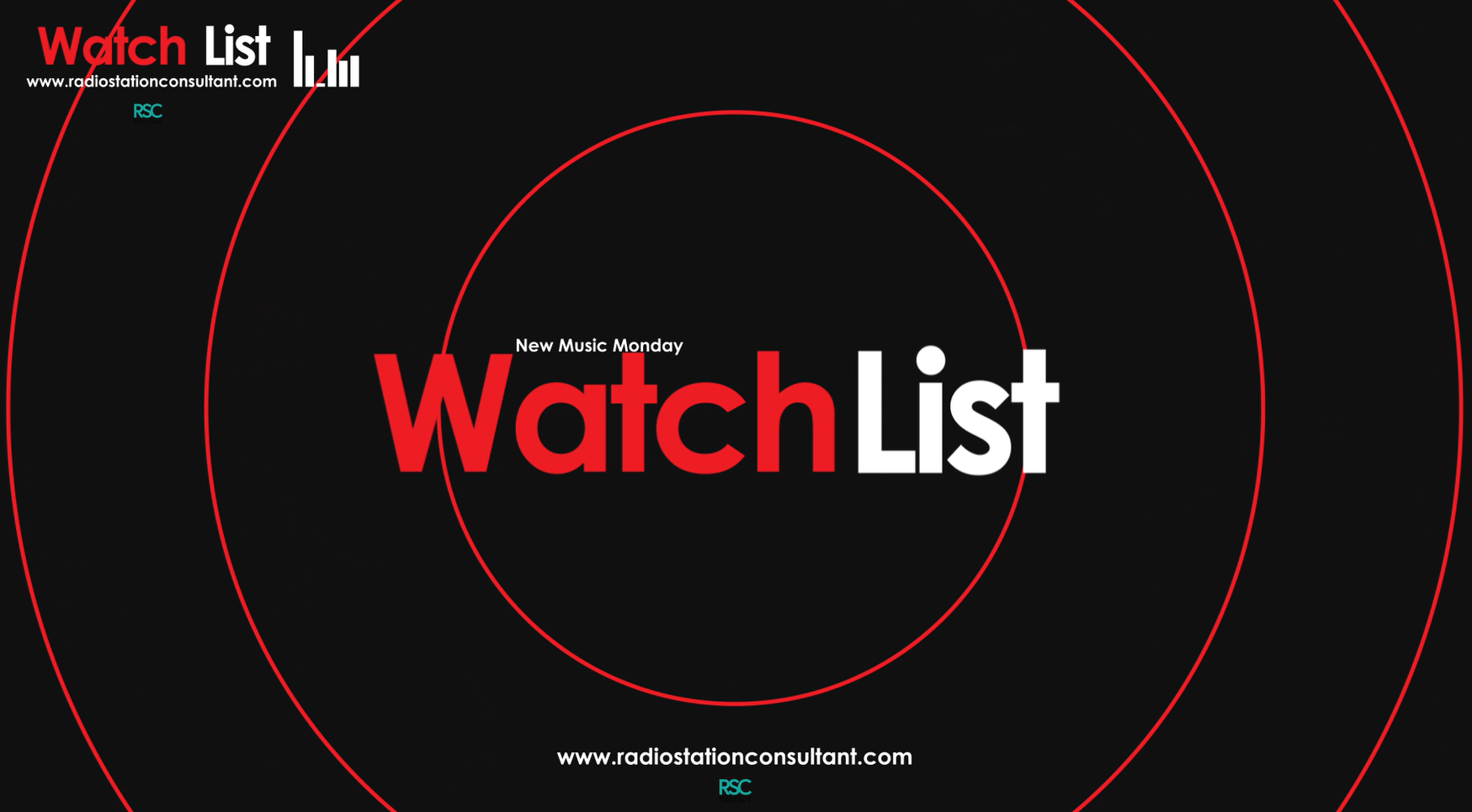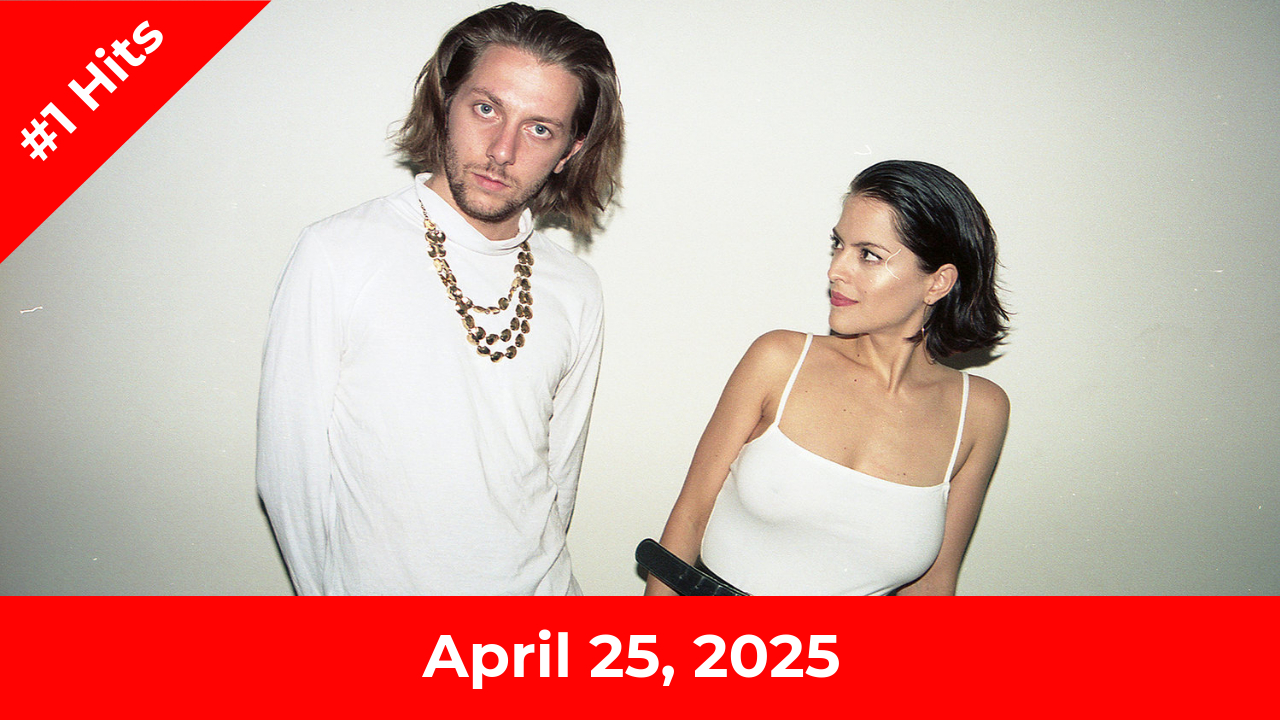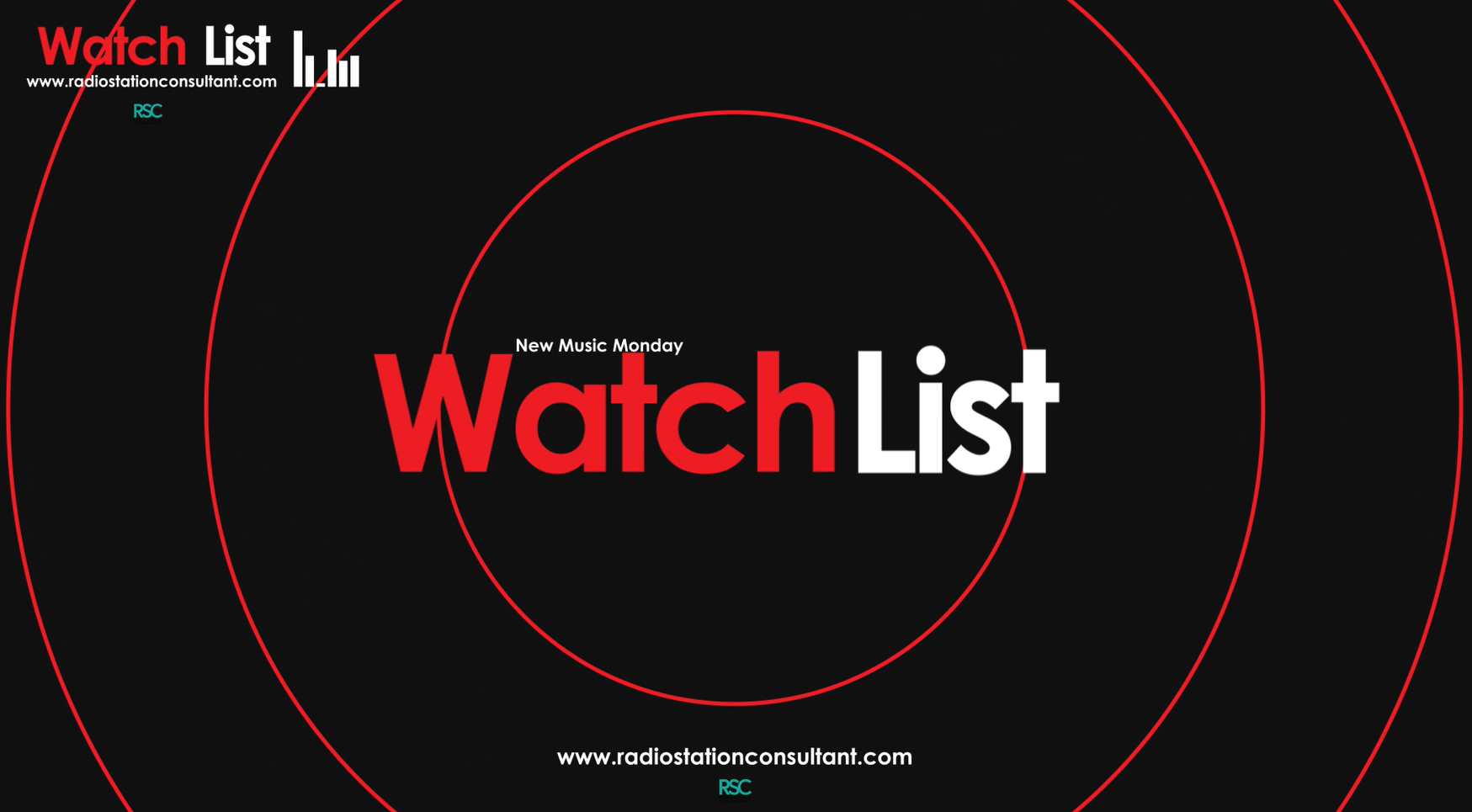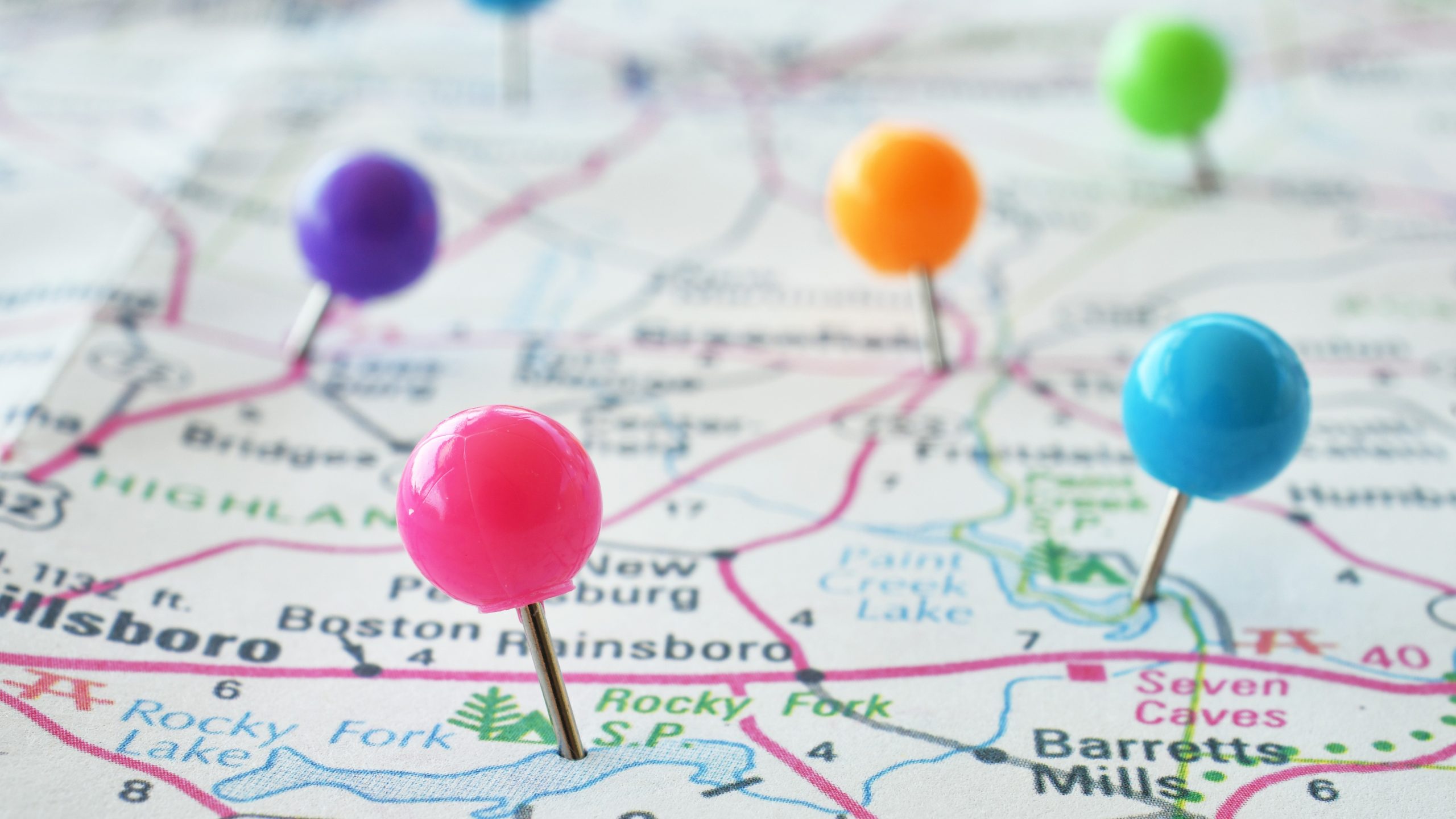When I started programming radio stations as a young and not so innocent boy, I dreamed of a time when we would know exactly what our audience wanted to hear instead of just making educated guesses. That day has now arrived and yet most of radio is saying, ‘that’s alright we’re comfortable doing it the way we’ve always done it.’ Why? Because it’s scary changing up a process we’ve relied on for years that has ‘always worked’ or ‘gotten me this far’. It’s also the part of the job most programmers enjoy. But, mostly it’s because the big thing many radio programmers get wrong is that they think they know what the audience wants better than they do. Here’s how we change or eliminate that mindset for music and talk programming.
Music
Music selection is an art that takes a long time to learn and you never stop learning because music is a living breathing thing that evolves daily. There is no exact formula for it but there are rules that apply generally. Play mostly music that the target audience loves and sprinkle in a few that they may not know yet but are very likely to connect with. Determining what those songs are within any format used to be an enormous amount of work. It was incredibly time consuming and frankly not the most rewarding work because everyone has an opinion on it that varies wildly, and they can’t wait to share with you. That’s why most of us who devoted our lives to it did so because we loved it. Utilizing the market level data that’s now available to us, does not negate all of that time we’ve spent learning the craft of music programming. It supercharges it. It used to take me a few months to build a new station from scratch and I could only do it on a couple different formats, and in the United States, without outside help. Now, I can do it in a week for any format anywhere in the world. That’s the power of paring data with experience.
Talk
The first question most new radio personalities ask, other than where’s the bathroom and where can I smoke, is what do I talk about? The way I always answer the last question is this. Keep it short, sweet and to the point until you know the audience well enough to accurately guess what they want you to talk about. Thankfully now, that guesswork has also become significantly easier. If we’re doing what we should and putting our content on every platform we can, we’ll quickly see what types of talk content we’re doing that works and what doesn’t. Similar to music programming, those are our hits that we want to use to build the bulk of our show every single day. Then, to keep it fresh, we rotate in a small variety of other talk content that we believe the target audience is very likely to connect with. Plus, we have to be willing to talk about the big topics that the data shows us our audience loves to consume more than we’re comfortable with for more days than we want to talk about them. There’s a reason why after any major event that’s all anyone talks about because humans are a communal species and we’re also an intelligent species with lots of our own opinions that we’re all just dying to share with anyone who’ll listen. Avoiding these kinds of major topics is the worst mistake any radio personality can make. Anytime someone tells me they didn’t talk about something because everyone else is talking about it, I know that they’ve gotten as far as they’re going to get in radio.
What do you think? How have you determined what your audience wants and given them more of it? Comment below or email me at Andy@RadioStationConsultant.com.
Pic AI generated by Vecstock for Freepik.com.




